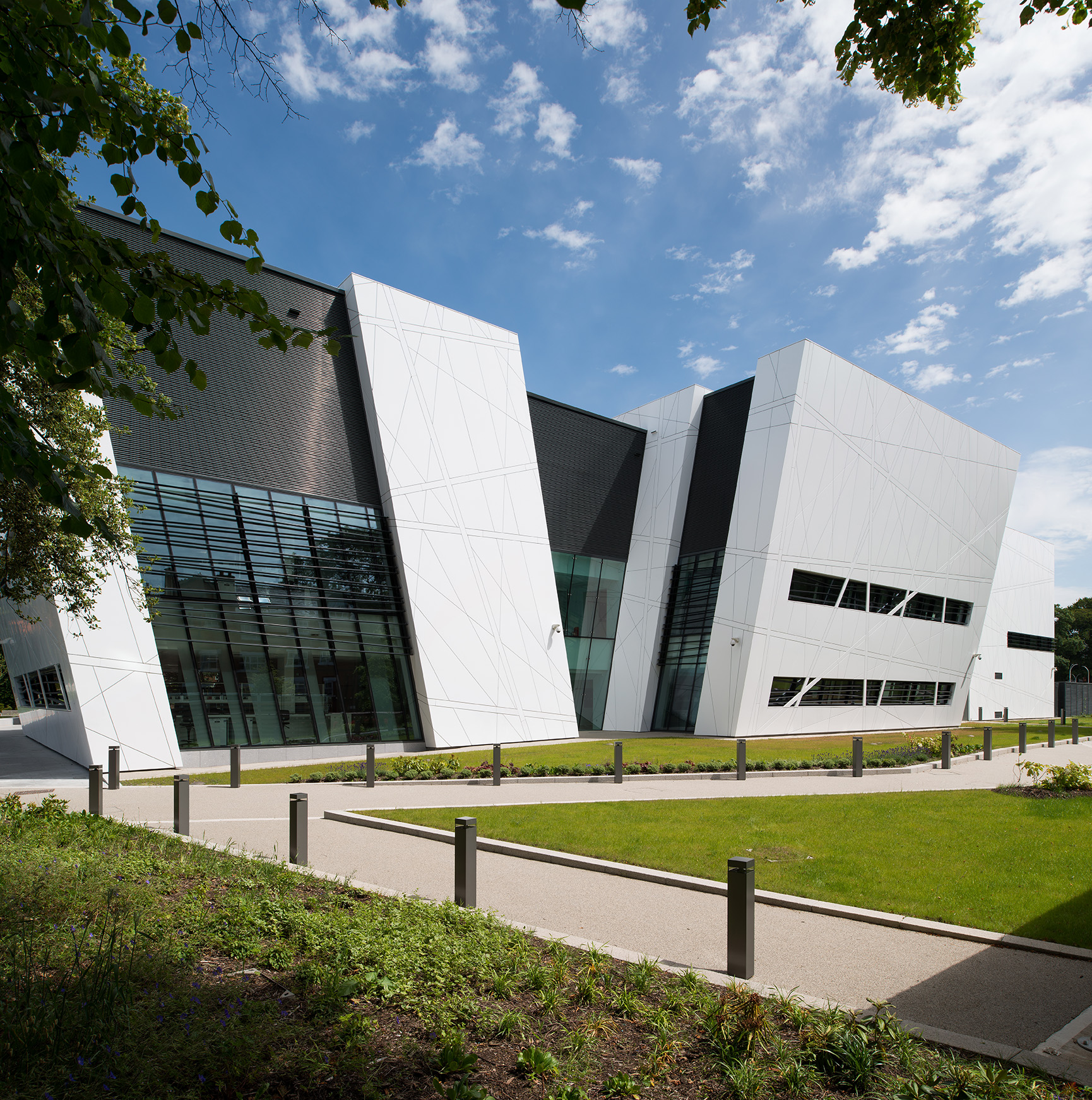Closing date: 15/11/2024
Non-Clinical Studentship Project: Mapping CD8+ T cell infiltration and activity in the glioblastoma tumour microenvironment
Lead Supervisors: Prof. Kevin Couper
Co-Supervisors: Prof. David Brough, Prof. Petra Hamerlik, Dr David Coope
Applications Deadline: Friday 15th November 2024
Interviews: Friday 17th January 2025
Non-Clinical Studentship start date: September 2025
Project Keywords: Brain; cancer; Immunology
Research Opportunity: Non-Clinical Studentship leading to the award of PhD
Project Outline
Glioblastoma is the most common type of malignant brain tumour. They are highly aggressive tumours and are generally incurable, with a mean survival time following diagnosis of only 12-18 months. Glioblastomas are viewed as cold tumours with limited T cell infiltration, but positive correlations have been identified between the number of proliferative CD8+ T cells within glioblastoma tumours and survival duration, indicating T cells can contribute towards tumour control. Nevertheless, T cell focussed immunotherapies effective in other tumour-types (such as anti-PDL1 treatment) have been largely ineffective in glioblastoma, for reasons that we still do not fully understand. As such, new treatments for glioblastoma are urgently needed. In this project, the student will investigate the pathways that influence T cell infiltration, compartmentalisation and activity within glioblastoma tumours.
The student will work on an interdisciplinary programme of work where they will utilise cutting-edge high-dimensional imaging approaches combined with transcriptional profiling to analyse the location and phenotype of CD8+ T cell populations within the heterogeneous human glioblastoma tumour microenvironment (both within primary and recurrent tumours) and to interrogate the different neoplastic and immune cell populations that CD8+ T cell populations interact with within the tumour.
The student will complement these studies with detailed mechanistic investigations using established and translationally relevant in vivo models of glioblastoma to understand the spatial and cellular features that repress T cell protective activities within the tumour microenvironment. This will include analyses of how cancer immunotherapies remodel the glioblastoma tumour landscape to influence CD8+ T cell infiltration, compartmentalisation, cellular communication and functionality within the tumour.
Collectively, the project will provide training in cutting edge neuro-oncology methodologies and technologies, and will generate new insights into how to target T cell responses to treat glioblastoma.
Applications for this project are now open. Please complete your application on The University of Manchester website.
About Professor Kevin Couper (project Lead Supervisor)
Kevin is a Professor of Immunology based within the Lydia Becker Institute of Immunology and Inflammation and the Geoffrey Jefferson Brain Research Centre, in which he is the theme lead for brain inflammation. Kevin has been a group leader for over 15 years and has supervised a number of PhD students working on brain tumours and T cell biology. His group has substantial experience studying glioblastoma, specifically leveraging high dimensional and spatial technologies to deconvolve the tumour microenvironment. His group also has significant expertise employing preclinical models to perform mechanistic investigations of pathways that regulate T cell behaviour.

Key information
Before submitting an application, please ensure you have read the information below about the funding arrangements and eligibility for Non-Clinical Studentships.
We also encourage you to get in contact with the lead supervisor to discuss the project and any particulars.
Further information is available on the Non-Clinical PhD Studentships webpage.
Our Non-Clinical PhD Studentships are usually funded for four years, with funding covering:
- Project running costs
- University tuition fees university tuition fees (at the UK rate, with some scholarships available for high-performing EU/International candidates)
- An annual stipend of £21,000 to help with living costs
Studentships are highly competitive and so we encourage you to contact any supervisors who you are interested in working with before applying for our Non- Clinical PhD Studentships.
International Candidates
The University of Manchester aims to support the most outstanding applicants from outside the UK.
We are able to offer a limited number of bursaries to high-performing EU and international candidates, covering PhD fees only. Bursaries do not include financial support for visa/health surcharges.
We assess each EU and international candidate’s suitability for a bursary at the application and interview stages.
You must hold, or be about to achieve, a First or Upper Second-class honours degree in a relevant subject. A related Master’s degree is also an advantage.
International applicants (including EU nationals) must ensure they meet the academic eligibility criteria (including English Language) before contacting potential supervisors to express an interest in their project. Eligibility information can be found on the University’s Country Specific information page.
Key dates
- Applications open: 11th October 2024
- Application deadline: 15th November 2024
- Interviews: 17th January 2025
- Start date: September 2025
Useful Links
Submit your application
Interested in applying for this opportunity? Go to The University of Manchester website to submit your application.
Non-Clinical PhD Studentships
Learn more about our Non-Clinical PhD Studentships.
Get in Touch
Contact Dr Georgina Binnie-Wright, Postgraduate Programme Manager.
Researcher Stories
Read first-hand experiences of from cancer scientists from across Manchester.
Why Manchester?
Find out why postgraduate students choose to study in Manchester.
A Day in the Life of a Non-Clinical PhD Student
Watch our short video to see what it's like to be a Non-Clinical PhD student in Manchester.





